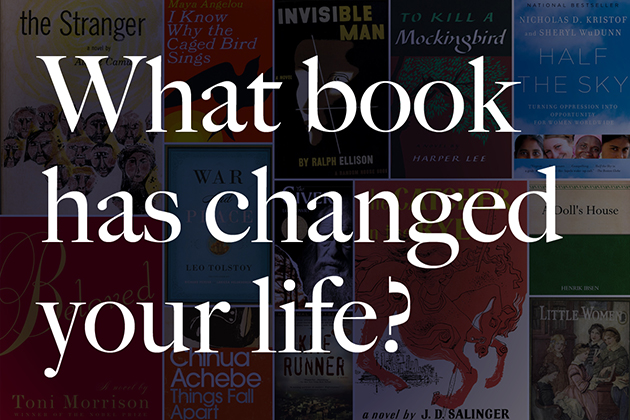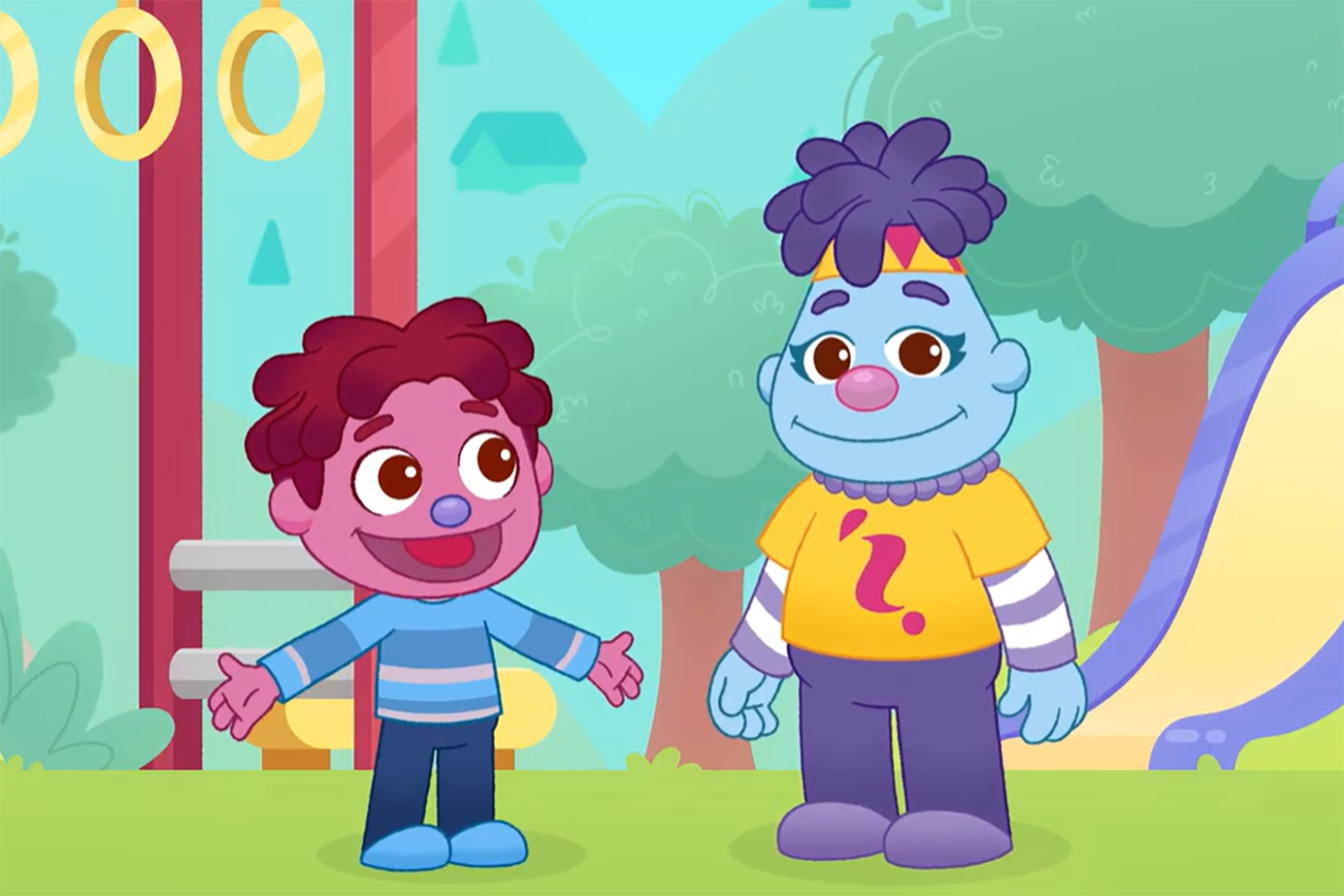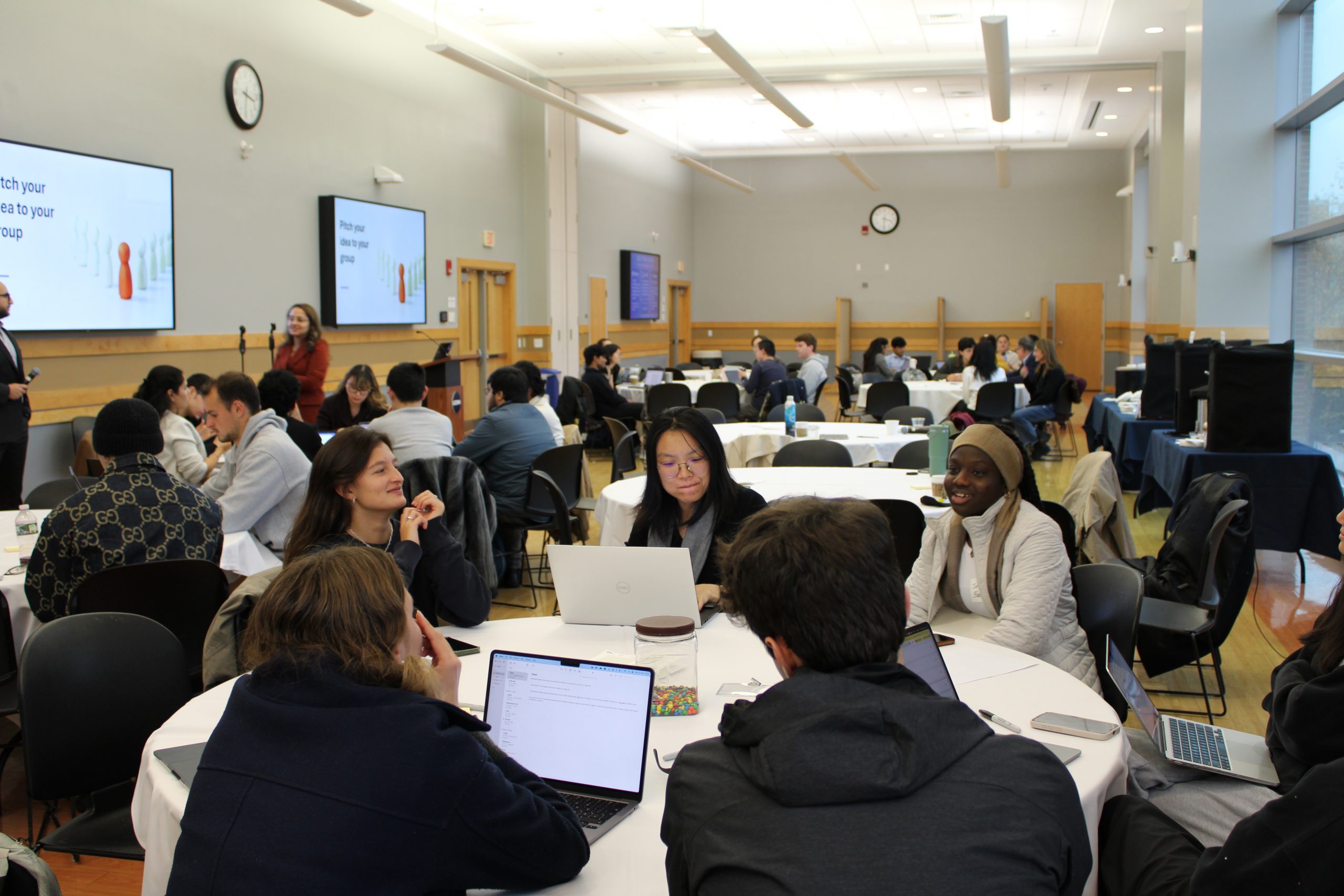Over the past three years, the UConn Reads nomination list has proved to be a fascinating portrait of our extended UConn community. It showcases the classics that endure for us, the new books that intrigue us, and the ideas that motivate us.
For the 2014-15 academic year, the UConn Reads Steering Committee decided to embrace this special quality of UConn Reads in our nomination category: “A book that changed my life.” Nominations can be non-fiction or fiction, and may come from any genre, including, for example, biography or autobiography, history, essays or speeches, fantasy, science fiction, poetry, folklore or mythology, literary fiction, drama. The one genre we are excluding is self-help or self-improvement books. While these books undoubtedly help many of us make changes large and small in our lives (I’m currently reading one on time management), we are in search of a book that has inspired a sense of deep emotional, social, intellectual or spiritual connection in readers and has caused them to transform their lives in unusual or unexpected ways.
I’ll share two stories from my own reading life that may clarify what I mean. This may be surprising, but Little Women by Louisa May Alcott is the book that jump-started my life-long love of reading. I remember very vividly how this happened. The summer after I finished first grade, my family was at my grandparents’ little beach house on Long Island one weekend. I was sick with a fever and lying on the couch in the living room. My grandmother had gotten each of the grandchildren a book that weekend. They were the kind of editions of the classics that you used to be able to find at the five-and-dime, with colorful covers but small type and no illustrations.
I tried to read my book, Black Beauty (1877), but couldn’t make it out – the language was too difficult, the book too long, the type too small. So then I tried my sister’s Little Women (1868) and found myself, like so many other readers, completely fascinated by this story of four sisters: this was, perhaps, not surprising, since I am one of three sisters and the story was, in a sense, both familiar and strange. I remember that reading it was very heavy going, but I persevered even when I didn’t understand half the words in a sentence. I read that book repeatedly over the subsequent year, and it empowered me to read just about anything. I still have the copy of Little Women, with my name written in purple crayon on the flyleaf, that Santa brought me the following Christmas.
The second example is less charming. I won’t share the details, but a few years ago I was experiencing a challenge with parenting. It was a stressful time, a situation that caused me many sleepless nights. I find there are two effective strategies for dealing with anxious, sleepless nights, both of which involve reading. One is to read something absorbing and completely unrelated to the problem at hand, as a distraction. For me, this tends to be historical fiction or fantasy – Alison Weir, Hilary Mantel, and George R.R. Martin were all on my midnight reading list at this time. The other approach is to read something that relates directly to the problem at hand, that helps me through it.
During this time I turned to the autobiographies of enslaved African-American women, prompted one night by a stray thought of Frederick Douglass’s mother. His famous Narrative of the Life of Frederick Douglass (1845) includes a moving account of her struggle to see him as a child, for he had been sent away to live with his grandmother: “I never saw my mother, to know her as such, more than four or five times in my life; and each of these times was very short in duration, and at night. … She made her journeys to see me in the night, travelling the whole distance on foot, after the performance of her day’s work … She would lie down with me, and get me to sleep, but long before I waked she was gone …” How precious those night hours must have been to her, Frederick Douglass’s unnamed mother. I don’t imagine she slept, and I connected with her story in the night, as I read her son’s book and watched over my own sleeping children.
After this, I read four or five autobiographies of slave women in quick succession, wanting to hear, in their voices, an account of their experiences of motherhood – as daughters, mothers, grandmothers. One was the classic Incidents in the Life of a Slave Girl Written by Herself (1861) by Harriet Ann Jacobs. These stories of maternal perseverance in the face of incredible violence, deprivation, and lack of education and citizenship, helped me gain perspective on my situation and inspired me with the strength to continue to move forward in spite of my fear.
I know I am looking forward to learning more about the books that have truly mattered to our UConn community. The UConn Reads nomination form is available at www.uconnreads.uconn.edu/. It includes a space for comments, and please do share your story. Your distinctive, personal, and inspiring stories will help the Steering Committee do its work of choosing a book that our UConn readers will embrace. Nominations close Aug. 5, and the book will be announced mid-September.



